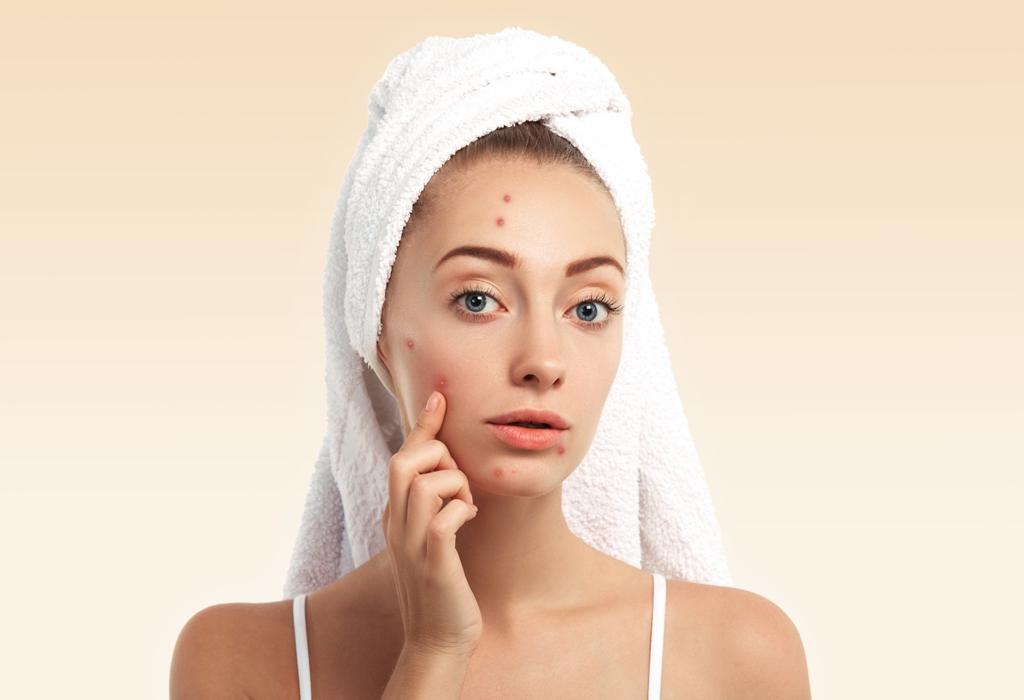
Acne and Sulfur
Sulfur is a popular and effective ingredient for treating acne due to its drying, antibacterial, and anti-inflammatory properties. It helps to reduce oil production, unclog pores, and minimize inflammation, making it a useful option for various types of acne, including cystic acne and rosacea.
Acne is the result of a combination of factors including dead skin build-up, excess sebum, bacteria, and trapped dirt. The causes of acne vary for blackheads, whiteheads, and closed comedones (the skin-colored, small bumps frequently found on the forehead and chin of those with acne).
Sulfur is primarily recommended for people who have oily skin to help cleat their pores as it can cause irritation for those with more sensitive skin types. It is most commonly known as a rather pungent natural mineral, but within the skincare world, it is a very popular ingredient in acne treatments. To best understand how Sulfur treats acne though, you must first understand how breakouts develop on the skin. pores can become clogged with dirt and grime if the skin is not cleaned on a regular basis. As these substances become trapped under the skin’s surface, inflammation occurs and often results in painful acne.
When topically applied, Sulfur removes the top layer of skin by drying it out and allowing it to easily peel off. This helps slough away a layer of dead skin, keeping pores unblocked and allowing fresh new layers of skin to grow in its place
